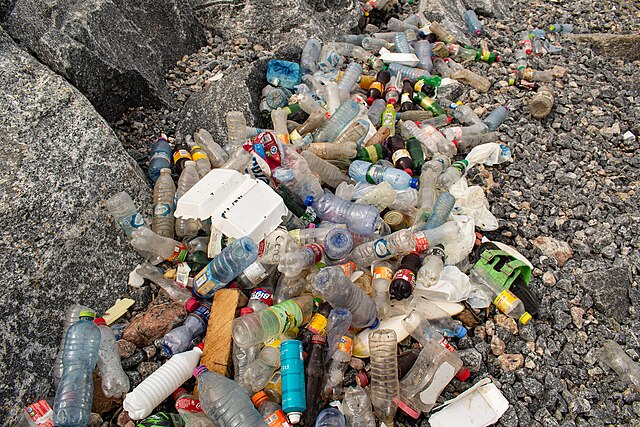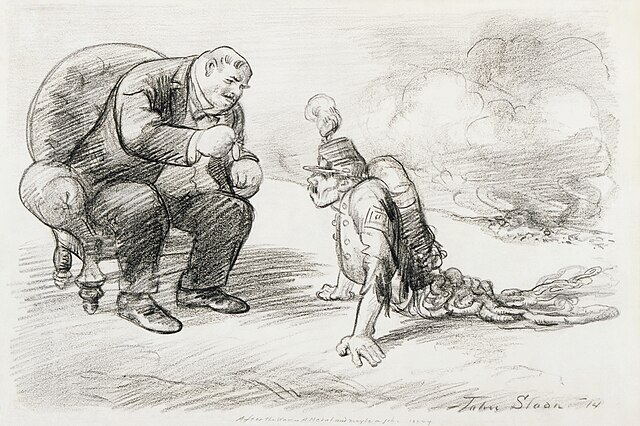Welcome to the Moment of Truth, the thirst that is the drink.
Dateline: Los Angeles, Friday the Thirteenth, March 2020. Corona virus empties all the stores of their toilet paper. The beginning of the end. But let’s not dwell on that, shall we not? Shall we? Shan’t we? Let’s shan’t, shan’t we?
I’m taking the cutest little pills for high blood pressure. They’re called “Chlorthalidone.” They’re about as big as those little... I don’t know if you remember these, I know not a lot of you aren’t old enough ...little saccharine tablets. My Grandma had a tiny serving vessel, with a tiny spoon. I think it was silver, or at least silver-plated. It was the shape of a cake pedestal with a lid, hinged at the back. It was about the diameter of a Kennedy half-dollar, and at most two-inches high with the lid closed. Oh, it had a tiny tongs, too.
And they work, these little chlorthalidones! Well, in tandem with Losartan. No one knows why. My BP ranges from normal to mildly high after only a week of taking these. I have my own personal blood pressure cuff and electronic sphygmomanometer! I get to take my blood pressure twice every day! So much fun!
So, what is the value of a human life, as a society that has shrugged off the burden of Enlightenment humanism collapses around us? Whoa! That’s an abrupt transition!
Okay, here’s another one: no one knows where blood pressure comes from. Some say it was created by space aliens to prop up the pharmaceutical industry, which provides said aliens with safe and effective baby formula, with which they turn their unfertilized polyhedrons into babies. Some say it’s the curse of King Tutankhamun for the violation of his tomb and theft of artifacts therefrom. He especially misses his coffee table. He’s got to spend eternity holding a “World’s Greatest Pharaoh” mug full of Trader Joe’s Breakfast Blend because some Englishman wanted a fancy piece on which to show off his magazines. Still others call blood pressure “the silent killer” because it’s not a particularly noisy form of hypertension, except when it causes fits of yelling, and then it’s called “Mr. Furious’s Revenge,” after a character Ben Stiller played.
My blood pressure was very high last summer. No one knows why. It’s been high, probably, for the past 16 years.... read more
Welcome to the Moment of Truth: the thirst that is the drink.
The virus came to the lumpy orange buffoon at midnight, Eastern Daylight Savings Time. “Who are you?” asked the human insult.
“I am Covid-19.”
“Well, I’m Donald 45. The best president America has ever had.”
Then the virus got into bed behind the self-import flatulence and spooned up nice and close to his blobby carcass.
“If I don’t touch my face, you can’t hurt me,” said the chief executive idiot. “And I never ever touch my face,” he added, touching his face.
Meanwhile, all across the land, people were either coughing, or listening to someone else cough with dark foreboding. There was nowhere to escape to. Italy was closed. China too. The sandy echoes of coughing capered around among the population, like a million snakes with the legs of goats, the little goats who caper in the little goat capering videos. Echoing layers of coughs, a palimpsest of coughs, a sneeze, and coughs dancing around the sneeze, as far as the ear could hear, as far as the heart could fear.
Covid-19 hissed softly into the overbaked narcissist’s earhole: “Listen. The children of the night, making phlegmy music. Those symptoms are the offspring of your denial.”
“No they’re not,” squeaked the executive putrescence, his voice quivering like a statue sculpted from butt fat and bad cholesterol. “No denial. No denial. Denial no.”
The words “denial no” echoed away into the diseased and polluted world, folding itself in amidst the cacophony of sickness, a worm in the labyrinthine tunnel of a collective intestine. Somewhere in the darkness, Joe Biden punched a voter in the face.
Salvos of gunfire percolated across the farm belt. It was farmers, tilling their fields at night to avoid the instant melanoma sunshine brought, harrowing the fields with automatic rifles. At one point, the clown president had issued a clown presidential order banning all technology except guns, creating crises of impracticality so numerous and severe that the order had to be rescinded within five minutes of its proclamation. Such an extravagant taste of the Second Amendment, however, engendered a heady rush of patriotism in the people, and they refused to give up many of the new practices they’d instantly adopted, citing the inviolability of venerable tradition.
In the... read more




